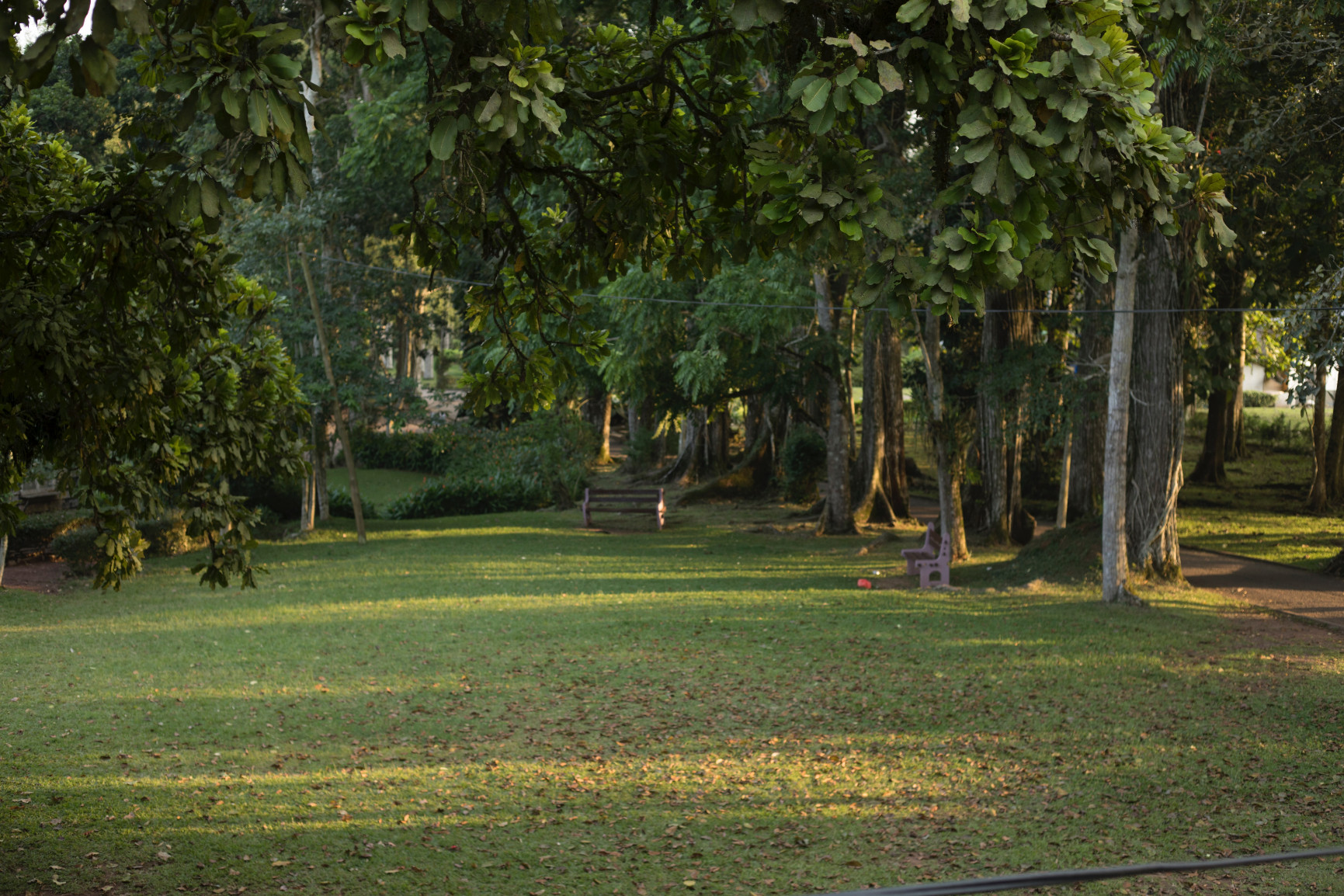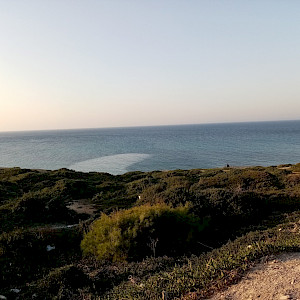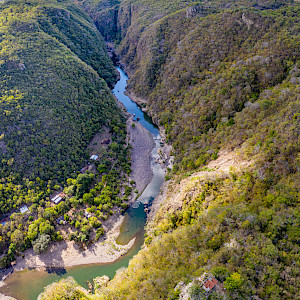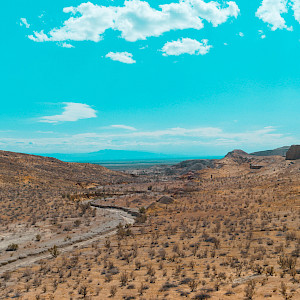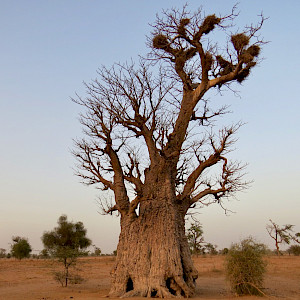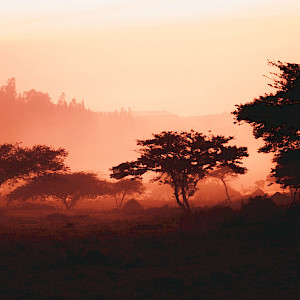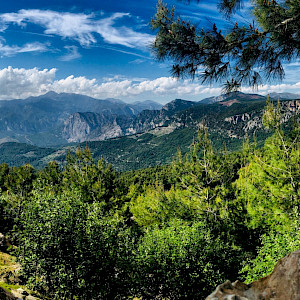A private company is restoring degraded forest reserves in Ghana with commercial as well as native tree species, applying a business model that also brings strong community and environmental benefits.*
The company, Form Ghana, has leased about 20,000 hectares in three forest reserves in the West Africa country in order to establish and manage sustainable forest plantations. These areas were once productive semi-deciduous forest ecosystems. However, decades of overexploitation, bush fires and conversion to agricultural land left them severely degraded.
Supported by government policy aiming to restore the ecological, social and economic values of the reserves, Form Ghana is using plantations as a way to meet these goals while also supplying valuable hardwoods to global markets.
The restoration effort rests on a public-private partnership with traditional landowners and the Forestry Commission of Ghana. This is important to achieve a balanced stakeholder framework between the company, local people and the government. Benefit-sharing agreements ensure that all receive a share of the value of the harvested timber.
Over the past 10 years, substantial sums have been invested, also through the support of impact investors. The approval in 2017 of a $24 million loan from the African Development Bank means the project will be expanded and more than 1,000 employees secured.
Form Ghana was established in 2007. Since then, from the 20,000 hectares under management, about 10,000 hectares have been planted with teak and indigenous species. The planted area will be expanded in the next 10 years.
The harvest of the commercial teak species makes the project financially viable. In addition, native species are planted for nature conservation purposes, especially along creeks and waterways, and for soil protection. These species will not be harvested.
Form Ghana manages the forest according to Forest Stewardship Council principles and criteria. It emphasizes long-term financial sustainability to enable the growth of social and natural capital. Value creation thus encompasses the triple bottom line: social, ecological and economic return on investment.
*Forest Stewardship Council supplied information for this case study.

